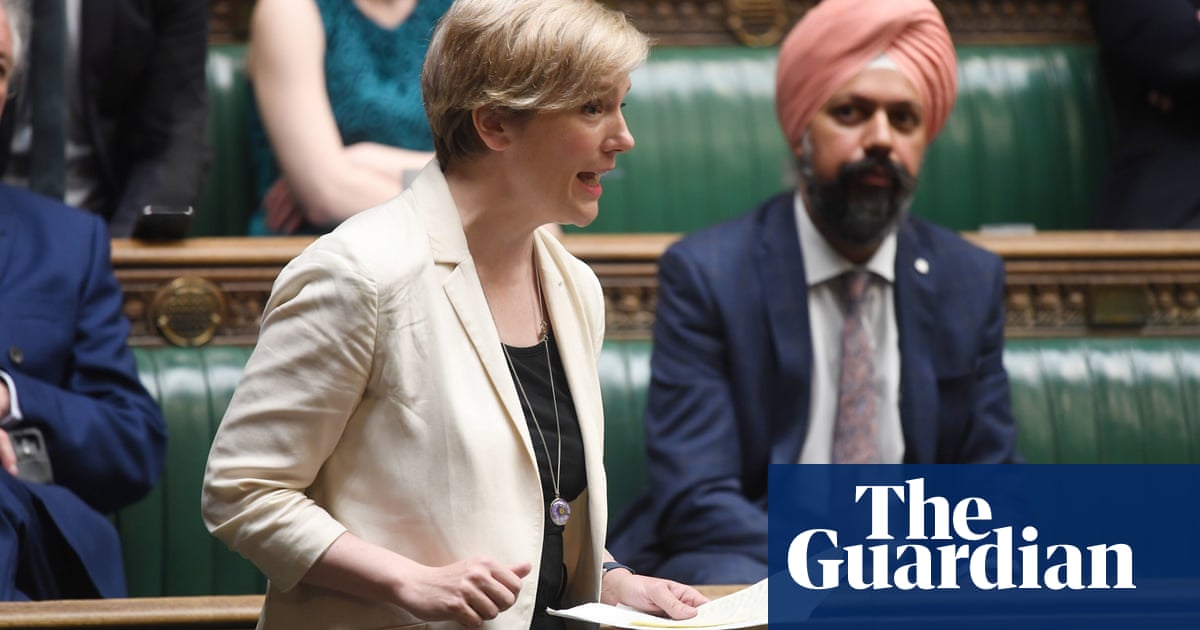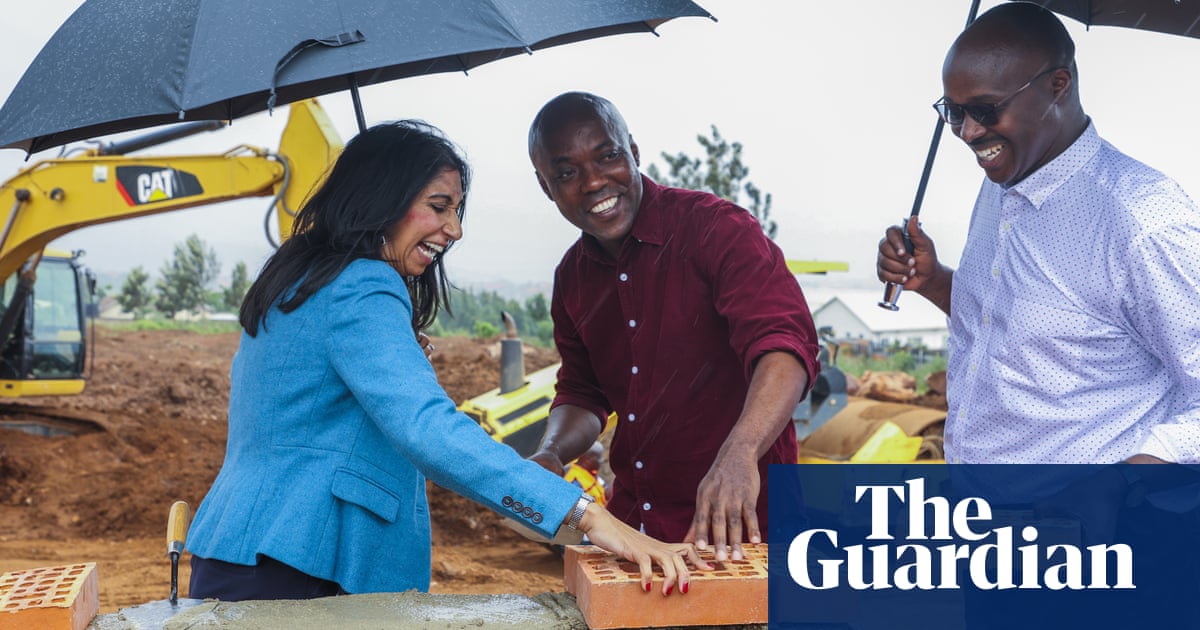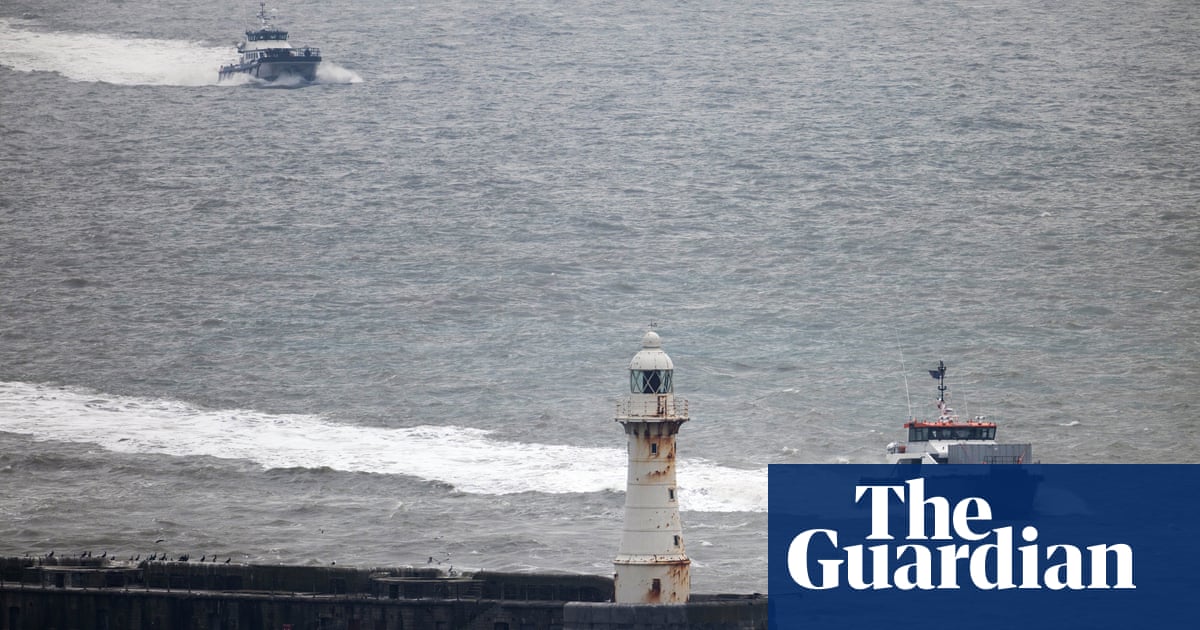
A bill to liberalise Malawi’s abortion laws will be debated by MPs on Thursday in the face of opposition from faith groups.
If passed, the termination of pregnancy bill would allow abortions when a woman’s mental or physical health is in danger, in cases of rape and incest, and when there are serious foetal abnormalities.
Currently, abortion is only permitted to save a woman’s life and campaigners have been lobbying for change for many years.
The bill has been proposed by MP Matthews Ngwale, who said change was needed after “observing that there are an ever increasing number of justifiable situations for the termination of unwanted pregnancies, which have not been covered by existing law”.
“Many people think that we want to make abortion [in its entirety] legal or allow abortion on demand. But abortion is already allowed in our laws and what we’re doing is to increase the situations where this can be allowed, that’s all,” he added.
Pro-choice campaigners believe almost half of the 193 MPs in the national assembly back the bill, but there is strong opposition.
The Episcopal Conference of Malawi, the Evangelical Association of Malawi, Malawi Council of Churches and the Muslim Association of Malawi have long resisted any attempt to change the law. Attempts to introduce the bill in 2016 were rejected after protests.
Henry Saindi, secretary general of the Episcopal Conference, said: “It is only God who can give or take life irrespective of whatever circumstance that has happened. Human life remains sacred and it must be preserved, promoted and defended.
“The bill does not reflect our values, our culture and our aspirations as the nation.”
Research by the Guttmacher Institute, which advocates for sexual and reproductive health, and the University of Malawi College of Medicine, published in 2017 – the latest date for which figures are available – estimated that 141,000 women in Malawi had an abortion in 2015, and that 60% of these resulted in complications that required treatment. Between 6% and 18% of maternal deaths in Malawi are estimated to be the result of complications from unsafe abortion.
“Most people in the rural areas – and the people are very poor, too – resort to using sticks like cassava, bicycle spokes, and take dangerous drugs and concoctions to terminate pregnancy,” said Dr Amos Nyaka of the Coalition for Prevention of Unsafe Abortion. “This leads to pain and suffering.”
Brian Ligomeka, director of the Centre for Solutions Journalism, a human rights media organisation that has been lobbying for the bill, said the legal changes would save lives.
“The debate about abortion is not about right or wrong, sin or righteousness, as some assume. It is about how to save the desperate woman who wants to induce an abortion using toxic substances or dangerous objects.”
Losing thousands of women every year to abortion “should move our MPs to pass the law”, he said.












